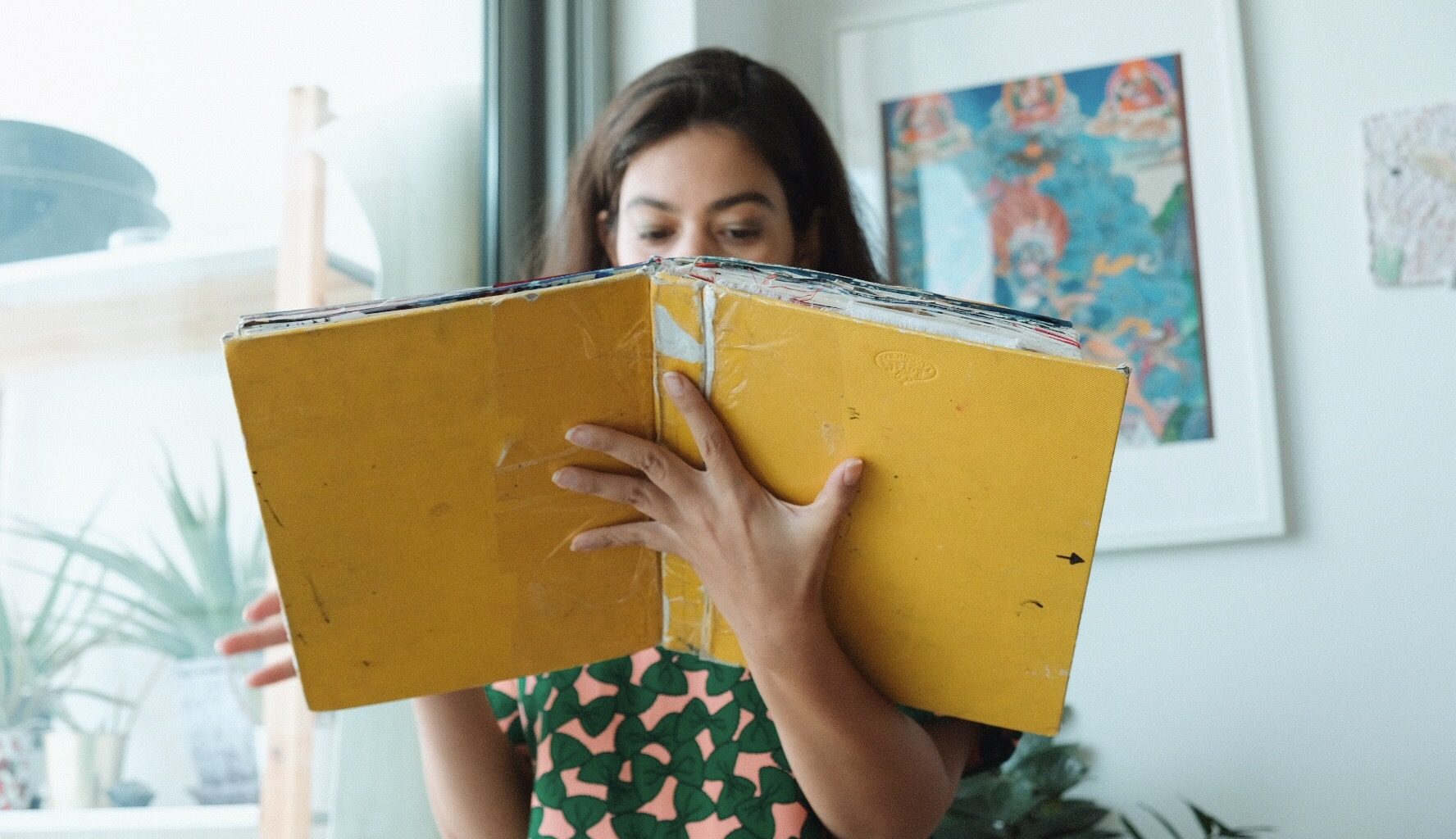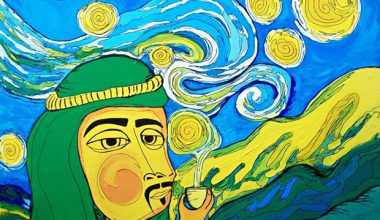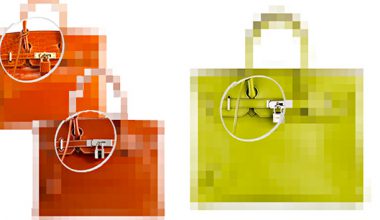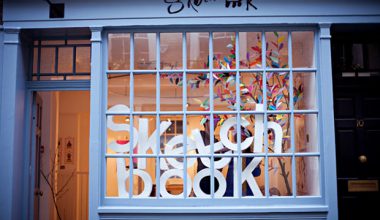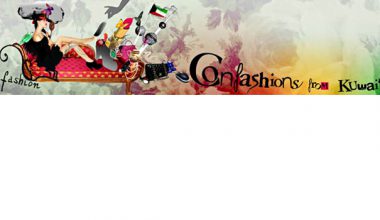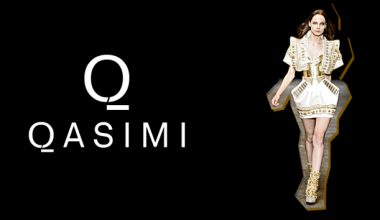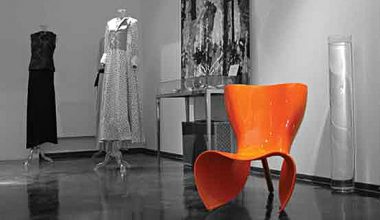The Khaleejesque team continually ponders with the barrage of research, commercial trends, and click bait articles that have called ‘time of death’ on our respective field of publishing. With our collected knowledge, network, and experience in what is seemingly a “dying field,” we set to formulate our own research more focused on the MENA publishing scene on a global scale—namely, niche and independent publishing platforms, whether print or online, founded and staffed by young Arabs and Muslims from around the world.
As a platform that strives to amplify the voices of creatives and activists alike, we are dedicated to sharing our findings on a burgeoning field amongst creatives of the MENA region and beyond. As traditional publishing houses increasingly diminish, these independent platforms are paving the way for a new movement—heralding a cultural paradigm shift towards an egalitarian voice in publishing far from the constraints of traditional print and online media.
As a result, we’ve published a MENA Indie Zines and Platforms feature which can be accessed here.
In addition we’ve reached out to individual Zines who have shared with us their intricate workings and their missions and visions for their platform.
These are collective answers from the team at Daftar Asfar.
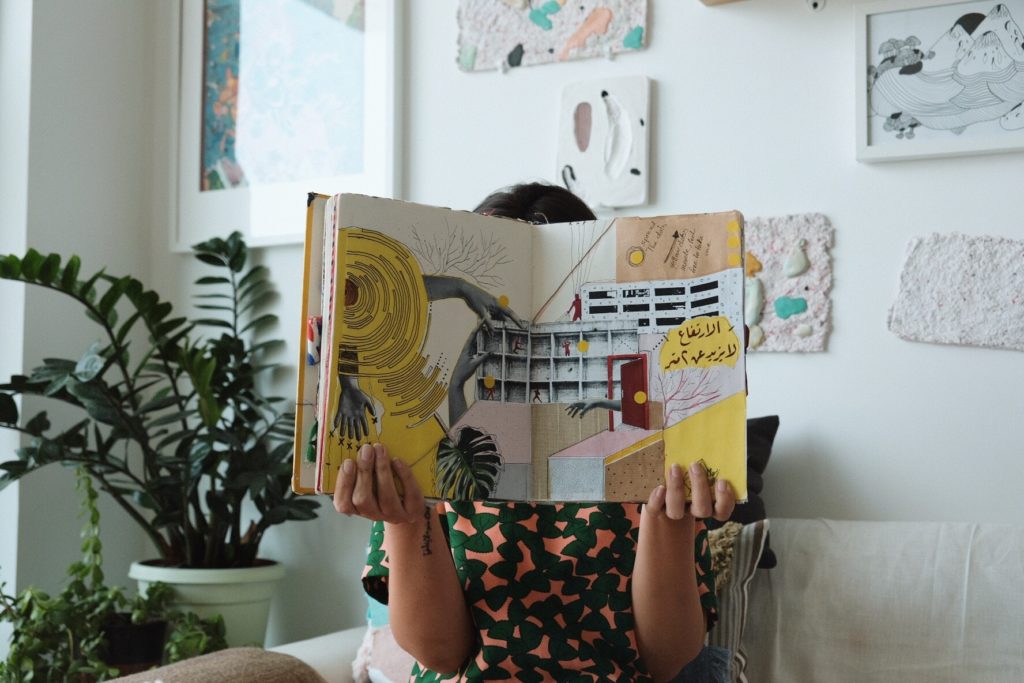
- About the Platform:
Daftar Asfar has been an interesting and important project to all three of the co-founders, and for maybe slightly different reasons for each one. For Lena, seeing artists with different backgrounds and styles connect, work together, and explore their own practices has been such a special part of what the platform offers.
For Nahla, it has been very much the idea of building a project that is a balance between play, representation, professionalism, the local and global. Every edition of Daftar Asfar has been fluid and responsive to its current context. The element of surprise as the Daftar returns is infectious, and playing a part in disarming artists and inviting them to be comfortable with an ephemeral 4 day moment, and the intersection with quite often a stranger, has inspired her to be more fluid with her own practice.
Sarah thinks that in the age of digital and social media, it is really important to create tangible artwork on paper. As a printmaker herself, she believes paper is the most important medium for an artist. It's where all initial ideas begin. Publishing these artworks and showcasing them allow people to touch, and experience the work first hand.
- Content: what is your publication concerned with and what kind of content does it feature?
When we started Daftar Asfar, we are inspired by the Brooklyn Sketchbook Library, a treasure trove of artist sketchbooks. Nostalgia about being an art student again aside, our aim was to create a project that would reclaim the art of the sketchbook practice, in its liberating, private, and personal approach.
We also wanted to create a platform that was accessible and inclusive –– something whole communities could interact with and enjoy, that would connect creatives from different backgrounds, of different experience and skill levels, and different perspectives and starting points. We hoped that Daftar Asfar would instill the same kind of awe we experienced when stumbling across the Brooklyn Sketchbook Library.
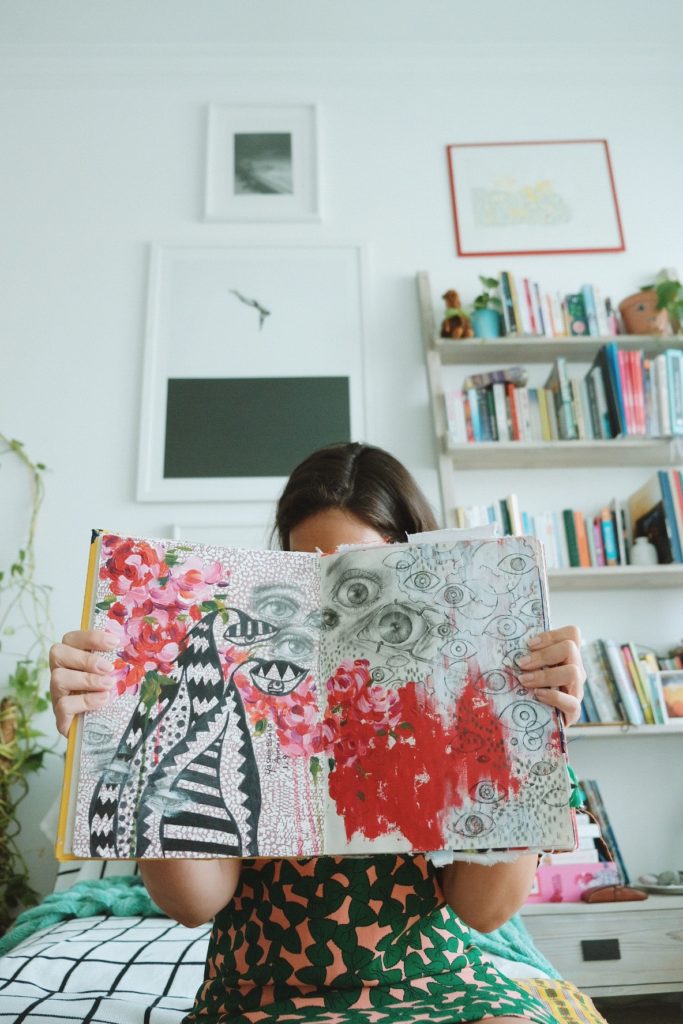
We are at a point in our careers where we have been working with art institutions, curating, producing, and assisting, and have witnessed various concerns that can sometimes plague artists, like how the art might be received, or if it is worth showcasing/selling. Our jobs have also given us the privilege of being privy to artist processes, and how important those ephemeral moments are. So ultimately, for the artist to be in the possession of the Daftar, and have the opportunity to participate, is an invitation to disarm themselves and collaborate.
Since founding it in 2017, Daftar has been a balance of honing audiences and gathering participants. It has connected artists who might never have previously met or known about each other, bridged cultural gaps, and allowed for a playful, invigorating creative practice of collaboration to emerge.
- The team behind the platform:
We work together as a team, each of us handling certain aspects of the project. For example, as Lena Kassicieh is based in New Mexico, she physically handles the management of the New Mexico Daftar. We all agree on the artists that will be involved, but Lena goes out and meets them, explains the project, and works to connect them to one another on the ground. She will also be planning the final workshop/exhibition as the edition is final.
Nahla Tabbaa is based in Dubai and has worked on spearheading and developing partnerships, with co-curators and insitutitions. She also works on administration, strategy and the archiving of the works. She is currently working on two more editions and our upcoming participation in Amman Design Week.
Sarah is based in Amman and works as a full-time art curator, she's worked on handling the first edition of Daftar when it was based in Amman mainly liaising with and sourcing artists to take part in the project. Sarah also worked in creating the hand-binded sketchbook that currently serves as The New Mexico Edition. For social media, we work together within us to edit photos, curate the content for our website, write for our blog, and to seek out funding opportunities so that we can ensure Daftar will be a sustainable project for the future.
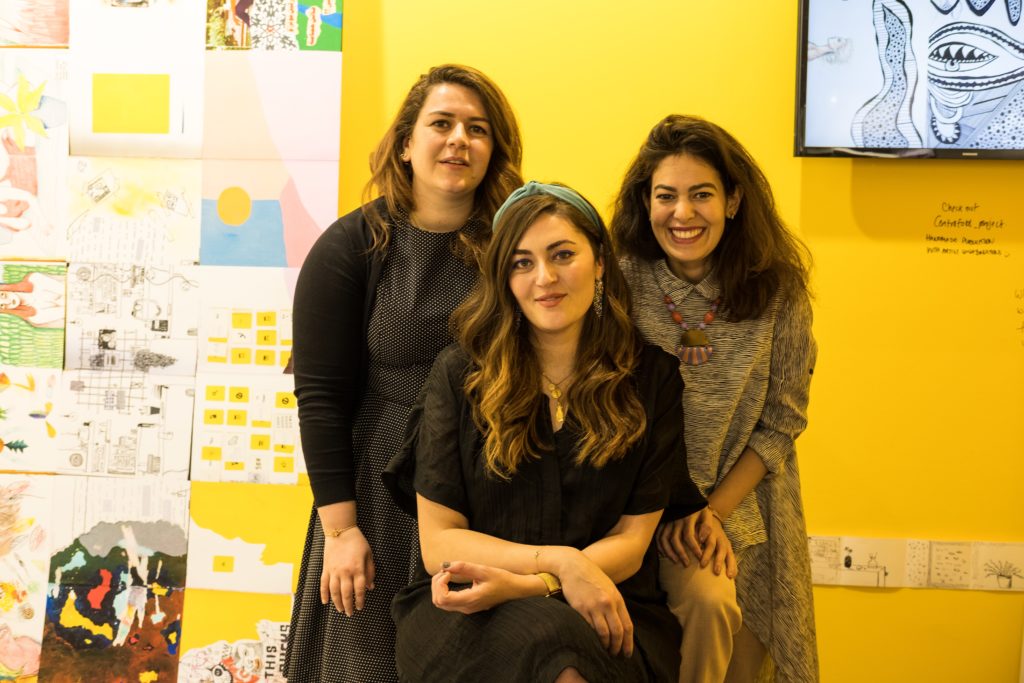
Photo taken by Darah Ghanem during the Daftar Asfar exhibition at Art Dubai in 2019
Daftar Asfar is a culmination of the diverse and dynamic talents of artists from all over the world. We feature their work on our Instagram page, and our website. As the co-founders, we are responsible for documenting the pages and preserving the books.
High school female students at Dhahran Ahliyya Schools are the team of creators who produce the content of our platform. However, in our next publications we are planning on inviting guest writers from other school communities to feature their work.
- Work Space:
We mostly work remotely online, as we are all based in different locations and often traveling. This has actually worked well for us, as we communicate daily through our WhatsApp group, have phone calls once every couple of weeks to touch base and plan more thoroughly, and are always sharing photos and voice notes. The first time we were all together since 2017 when initially meeting to discuss the project was in Art Dubai, March 2019.
daftarasfar.com
instagram.com/daftarasfar
Images courtesy of Daftar Asfar.

